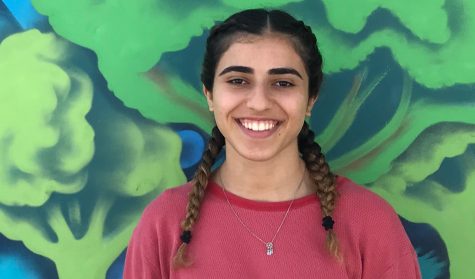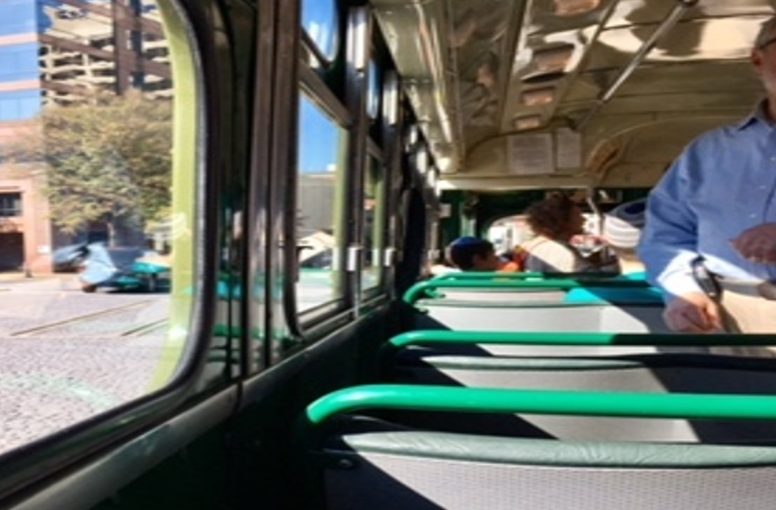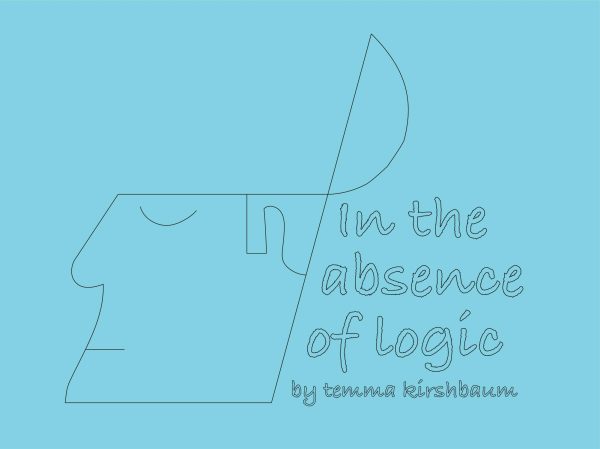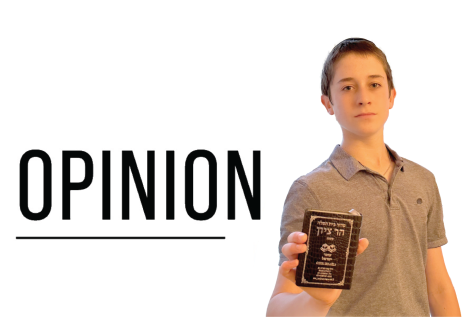OPINION: The King is still dreaming
African-Americans seemed to gain full equality after the Civil Rights Movement, because they were granted the right to vote, and Jim Crow laws were abolished.
But is there more to equality than the opportunity to eat French fries at a white man’s diner, or the chance to try on shoes in the neighborhood sneaker store?
As I adventured in Selma, Alabama this past weekend on a Martin Luther King Jr. Shabbaton with my father, I saw that black people have yet to achieve true equality — especially in the economy.
One-hundred-ten Jews from Rabbi Shmuel Herzfeld’s synagogue, Ohev Sholom – The National Synagogue in Washington, D.C., also attended the Shabbaton.
Selma, which is 80 percent African American, is diseased with poverty — something I had never been exposed to before, coming from Pico-Robertson in Los Angeles.
On Saturday morning, as my father and I walked side by side to a 117-year-old synagogue with the rest of our group, we noticed the state of decay it is in.
Buildings that must have stood confidently when they were built a hundred years ago now sit hunched and battered: their wood pealed off of the scaffold it was formed around, creating splintering walls; their paint now merely flakes of color; their windows, shattered and scarred with holes from rocks that had been thrown at them; their doors open, inviting you into an eternity of darkness.
Although not all buildings were as dilapidated as these, a majority had been abused in some form.
To add to this eerie environment, dogs lingered in the shadows of the abandoned buildings, women rocking on their rickety porches turned their heads to stare at our group when we walked past their homes, and broken pieces of glass lay on top of cracked sidewalks like the blanket to a bed of nails.
As we continued to walk, my father and I also noticed the language on the signs.
“Fast cash!” many exclaimed. “Free vacuums!” read another at a run-down car wash.
Only once did we see a sign for a bank — making it seem that Selma is feeding into its poverty by providing its citizens with temporary solutions like loans, instead of promoting long-term investments.
In addition to praying at Temple Mishkan Israel, we visited the home of the Jackson family, where prominent Civil Rights leaders like Martin Luther King Jr. and Rabbi Abraham Joshua Heschel stayed; we stopped by the spot where Reverend Reeb — a white minister — was killed; we marched over the Edmund Pettus Bridge as thousands of men, women and children had done 52 years earlier, and we saw the church where the march had begun.
Beside that church stood a monument for Dr. King.
Our tour guide, Jo Ann Bland, a woman who’d walked in the march at age 11, explained that the word “have” on the monument in King’s “I have a dream” quote was initially inscribed as “had” – “I had a dream” – because his dream had supposedly been fulfilled when blacks received the right to vote.
The city changed it back to “have,” however, because after all the marches and the protests, black people had won some basic rights, but Dr. King’s dream was hardly fulfilled.
Martin Luther King Jr. dreamt of a world where blacks not only had equal rights, but would thrive under those rights. Clearly, Selma’s poverty today is a sign that King’s dream still lives on, waiting to be realized.

After serving as a staff writer, columnist and Opinion Editor, Eva Suissa is now the Torah Editor for The Boiling Point. Growing up with a father who's also a writer, she has always appreciated the power of words. In ninth grade, she won two national high school poetry contests for a poem titled "Crying With God." Aside from being an editor, Eva is the president of the Remember Us Teen Board, and a member of a competitive dance team. In her free time, she enjoys drawing, playing the piano and spending time with her four siblings.











